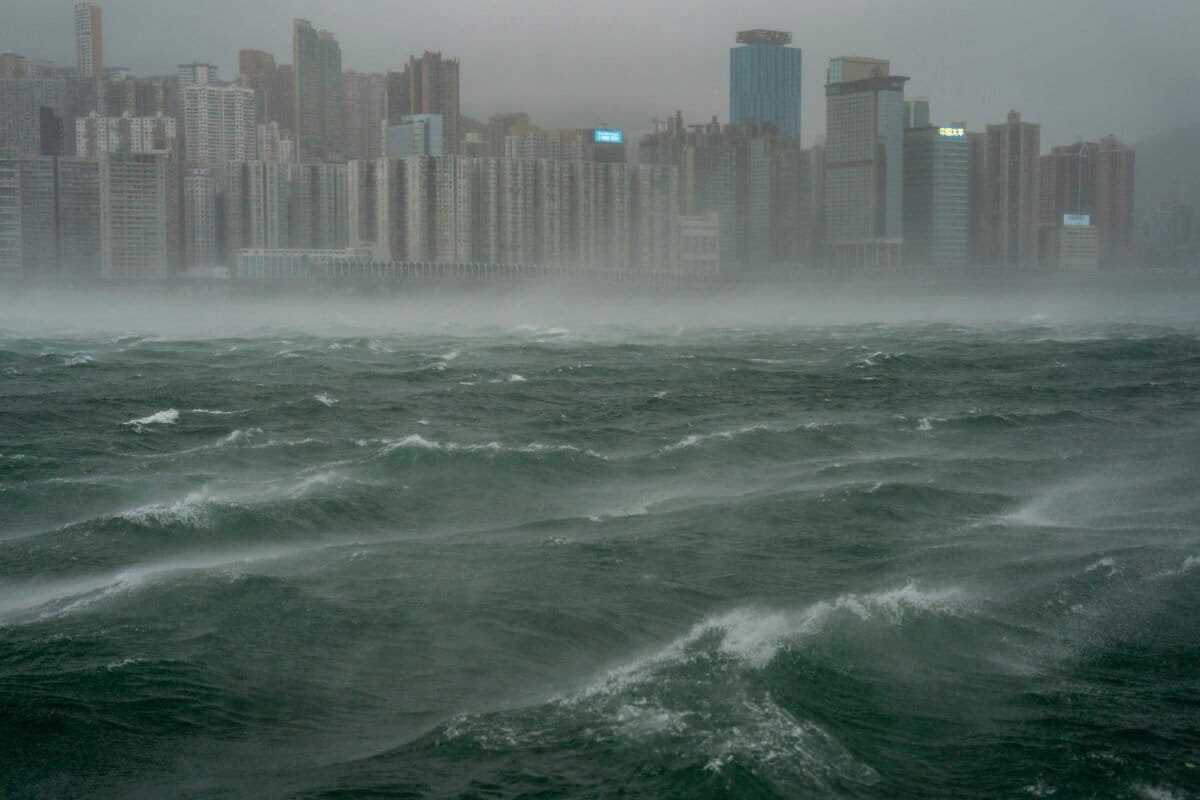MONGABAY
AUGUST 25. 2025

Human activities have been the major driver of climate change since the advent of the Industrial Revolution in the mid-1800s.

Conservation for Natalie Kyriacou did not begin with policy papers or grant proposals, but with a tent in the backyard and an instinct to notice what was living around her.

He was almost always smiling. In eastern Congo, where war and poverty have long eroded hope, that smile and the restless energy behind it mattered as much as any conservation plan. Dr.
AUGUST 22. 2025

Brazil’s antitrust regulator suspended a key mechanism for rainforest protection, the Amazon Soy Moratorium, on Aug. 18, less than three months before the nation hosts the COP30 climate summit. The Amazon Soy Moratorium is a 19-year-old voluntary private-sector agreement to not source soybeans from areas deforested after 2008 in the Brazilian Amazon.

Ghana has adopted a new fisheries act that introduces a series of regulations aimed at restoring severely depleted pelagic fish stocks and tackling illegal, unreported and unregulated fishing.

MUSTANG, Nepal — On a crisp morning after a night of rain, the breeze diffuses the smell of wet earth in the village of Kagbeni in Mustang, Nepal’s trans-Himalayan frontier.

Manaus, in the state of Amazonas, is one of the top generators of solid waste among Brazil’s state capitals, with an average of 1 kilogram of garbage per resident every day.

JAKARTA — Some of the world’s biggest consumer brands are banding together to tackle deforestation in one of Earth’s richest biodiversity hotspots in Indonesia. The companies, including Nestlé, PepsiCo and Unilever, on Aug.

Three conservation trusts have together purchased an area of a severely threatened vegetation type found in the Overberg region of South Africa’s Western Cape province. Known as the renosterveld, this unique habitat characterized by shrubs and grasses is also a breeding ground for endangered black harriers, the three groups announced in a joint press release.

A camera trap in an Indonesian mountain forest has recorded a rare Javan leopard, sparking renewed conservation monitoring efforts in the area.

After a series of alleged leopard poaching incidents in Sri Lanka, conservationists warn that the big cats are likely being deliberately targeted for their skin, teeth, claws and meat at a higher rate than previously believed, reports contributor Malaka Rodrigo for Mongabay.

Founder’s Briefs: An occasional series where Mongabay founder Rhett Ayers Butler shares analysis, perspectives and story summaries. Mountains of smoking waste sprawl across the Dandora dump in Nairobi, Kenya. The acrid stench clings to the air; marabou storks pick over scraps alongside people searching for plastic bottles or bones.

Nepal has long relied on hydropower projects to meet most of its energy needs, but recent complaints from Indigenous and local communities have cast a shadow over the development of some projects — particularly the Tanahu project.
AUGUST 21. 2025

For many members of the nomadic Bajau sea tribe on Indonesia’s Kabaena Island, growing up meant swimming and fishing in clear waters, just outside their homes built on stilts. However, in 2010, the water turned red, which the villagers blame on runoff from nearby nickel mining, Mongabay’s Hans Nicholas Jong reported in July.